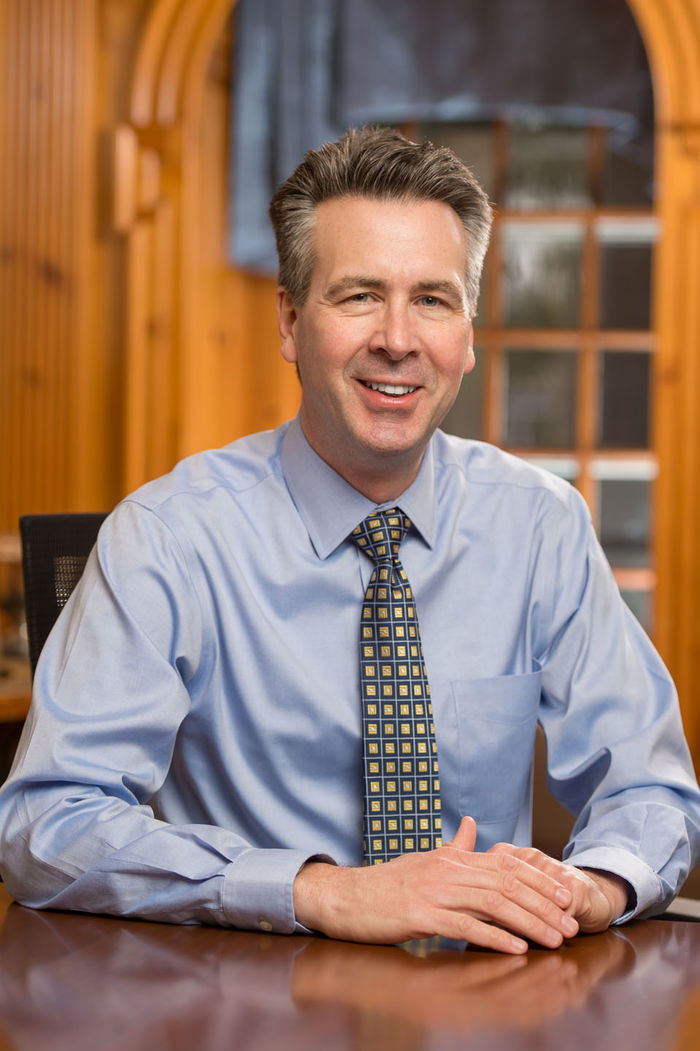When you Google something, you are tapping into a complex set of algorithms to find information in a way that was unimaginable until relatively recently. It is world-changing, powered by technology.
It takes more than technology to keep an organization running, of course. An analysis of employment data on LinkedIn found that just thirty percent of the university graduates who moved to Silicon Valley over the last decade have jobs in information technology, engineering, or research. Just as many work in sales, marketing, and business development. At Google, Apple, and Slack, that means opportunities for graduates in a range of fields who can think critically, communicate clearly, and grasp the nuance of human nature.
The final say in many decisions that drive businesses and organizations often rests with an executive whose perspective bridges disciplines. YouTube CEO Susan Wojcicki holds a degree in history. Jack Ma, founder of the Chinese e-commerce company Alibaba, was an English teacher.
We grow when we step outside our comfort zone and take in knowledge and viewpoints beyond our natural inclinations. That’s why Penn State is committed to building all majors on a core of general education – a broad set of courses designed to teach students to reason logically and communicate effectively while considering complex, and sometimes conflicting, notions.
Our Jack Burke Research and Economic Development Center was among the first in the country to place a university’s business and engineering schools under the same roof. The goal was to put students in a collaborative space that better reflects the multifaceted ways workplace decisions are made.
Interdisciplinary majors, such as our Digital Media, Arts and Technology program, extend that advantage by instilling the habit of adaptation—that is, building the propensity to accommodate and leverage new information and interpretations. It is a skill that each of us increasingly will need in both the workplace and the broader world.
“If you’re an engineer who has never taken a philosophy or literature class, join a book club,” suggests Scott Hartley, a venture capitalist who served as a Presidential Innovation Fellow during the Obama administration. “If you’re somebody who loves English literature or psychology, take a night class where you have to deal with Excel or data science. Break down those barriers so you don’t feel intimidated.”
To return to our example of Google, for all the power that technology delivers, there is one thing it can’t do as well as humans: Step back, pause and reflect on new information. When we are exposed to the ideas and concepts of other disciplines and the viewpoints of those whose stories do not parallel our own, we grow. That’s good for us and good for our companies and organizations. It’s also critical to a productive culture and successful society.
As always, I invite you to share with me your thoughts and ideas on this subject and about the college.
Dr. Ralph Ford, Chancellor
